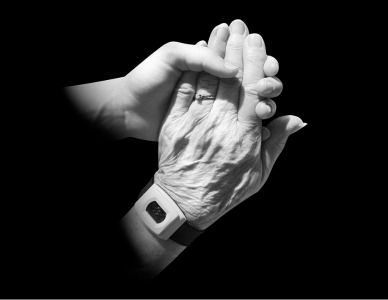Stimulating the brain of a Parkinson's disease patient with electrodes may be the answer to relief from symptoms and an overall improved quality of life, French doctors have confirmed.
Parkinson's disease is a degenerative disorder of the central nervous system that slowly destroys neurons and takes a toll on the motor system.
With more than 50 million people in the world are living with this condition, the relief this discovery provides could be life changing.
Many people suffering from this disease often deal with intense tremors, rigidity, a slowing down of movement, anxiety and depression, among other things.
When drugs are no longer effective in controlling tremors, electrode therapy via Deep Brain Stimulation appears to be a viable new alternative.
Neurologists at France's CHU Saint-Étienne University Hospital have been using electrodes to stimulate Parkinson's patients since 2015 and the results have shown that the technique improves motor skills by 70 percent, while reducing the need for medication-based treatment by 40 to 60 percent, NewsMax reports.
The procedure is done under general anesthesia. Two temporary electrodes are inserted into the patients brain through small openings in the cranium. Small electrical currents are then sent through the electrodes to the brain while doctors simultaneously monitor how the patients are responding to the treatment. Once that process is completed, then electrodes are implanted in the proper location and the patient is kept for observation for up to 10 days to ensure fine tune the stimulation system.
Once the process is complete, the treatment lasts for about five years, drastically improving the quality of life for the patient.
Deep brain stimulation is typically offered after Parkinson's has progressed for seven or eight years, reaching advanced stages of the disease, with sharp motor fluctuations.
In addition to treating Parkinson's disease, Deep Brain Stimulation has shown to be promising for obsessive compulsive disorders and dystonia.

